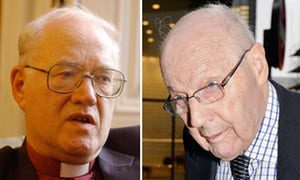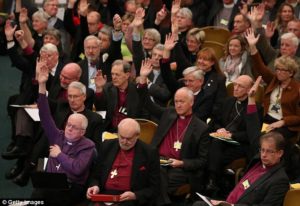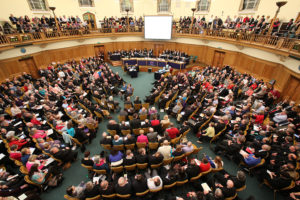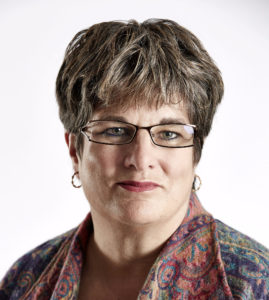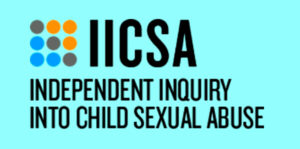 I sat through the entire day of the streamed IICSA hearings about the Peter Ball case and the way it was handled, or rather not handled, by the Church of England. There were numerous details, which will no doubt be rehearsed in tomorrow’s newspapers, about the Prince of Wales and discussions among his lawyers over his statement at the end of the week. There were also hints that the former Archbishop, George Carey, will have a difficult reception tomorrow. There do seem to have been major failings in his readiness to stand up to Ball and his supporters. I have already expressed the view that Carey was himself the victim of a power confrontation with forces too powerful for him to resist. One could even make a case for suggesting that Carey was groomed in a not dissimilar way to Ball’s many victims. Part of the British Establishment seemed to be united in supporting Ball, even after his 1993 Police Caution. Carey so far, has come over as a Neville Chamberlain figure when what was needed was the firm decisive action of a Winston Churchill. We will see how his questioning fares on Tuesday. I fear it will not go well.
I sat through the entire day of the streamed IICSA hearings about the Peter Ball case and the way it was handled, or rather not handled, by the Church of England. There were numerous details, which will no doubt be rehearsed in tomorrow’s newspapers, about the Prince of Wales and discussions among his lawyers over his statement at the end of the week. There were also hints that the former Archbishop, George Carey, will have a difficult reception tomorrow. There do seem to have been major failings in his readiness to stand up to Ball and his supporters. I have already expressed the view that Carey was himself the victim of a power confrontation with forces too powerful for him to resist. One could even make a case for suggesting that Carey was groomed in a not dissimilar way to Ball’s many victims. Part of the British Establishment seemed to be united in supporting Ball, even after his 1993 Police Caution. Carey so far, has come over as a Neville Chamberlain figure when what was needed was the firm decisive action of a Winston Churchill. We will see how his questioning fares on Tuesday. I fear it will not go well.
In the afternoon we heard from three survivors, two of them anonymous but the third identified as the Rev Graham Sawyer. I met Graham briefly on my expedition to Church House in February. The first two testimonies were well delivered, and they illustrated well the combination of charisma and charm that allowed Ball to sexually manipulate his victims. The testimony of Graham was powerful in a different way. In some ways it provided a commentary on what I said in the last post about institutional power. I mentioned that one of the ways that institutional power operates is in giving its owner the power of patronage. Graham as a whistle blower against Peter Ball and his manipulation has found himself at the wrong end of institutional power right across the church. Ball himself was the first to exercise institutional power and the power of patronage against him. Graham was offered sponsorship for ordination when Ball was Bishop of Lewes as long as he participated in some weird spiritual practices which involved removing his clothes. Graham decided not to pursue ordination in England on these terms. Even later, when he was ordained in New Zealand, Graham found it hard to return to return to the UK. A whispering campaign seemed to be in operation and all kinds of mysterious blockages were put up which made it difficult to find any post in this country. It is clear from his testimony that there exists some informal freezing out process against individuals who are perceived to be rocking the institutional boat. Graham was completely outspoken in accusing bishops in England of operating a kind of closed shop against anyone who challenges their power. In this case they were, according to Graham, closing ranks to defend a member of their group who was guilty of serious crimes. It was almost as if the solidarity of their group and the reputation of the institution was far more important that the uncovering of wrong and the pursuit of truth and justice. This seems to be a story that we have heard before.
Graham’s Sawyer’s attack was so vivid and articulate that a listener might have concluded that the speaker was suffering from a raging paranoia. It must have made the bishops present at the Inquiry extremely uncomfortable to hear their colleagues accused of such scapegoating tactics. My personal reaction is to take Graham’s testimony at face value as it fits in with other survivors’ accounts. While some bishops treat survivors with compassion and care, there are others who still treat them as a nuisance, to be destroyed or discredited. The so-called ‘Lambeth list’ about which we will hear tomorrow is one formal list of misbehaving clergy. Alongside this one, there appears, according to Graham, to be another secret list, naming those clergy who have disturbed the status quo in some way. Some of these are probably rightly to be avoided. This list would also, from Graham’s account, possibly include all those clergy who have been abused or bullied by the church but are still seeking to have this put right. That might easily put them in the wrong place and make them a threat from the point of view of the powers that be.
Graham’s speech ended, as with others in these hearings, with a plea for mandatory reporting of sexual abuse. To judge from what we heard today, – the shambles at Lambeth Palace after the Police Caution of Ball in 1993 and the problems of victims obtaining a hearing from the church about their abuses – this seems long overdue. The agony of listening to a story of institutional dysfunction is to continue a further four days this week. It is painful, but that pain will only be relieved when we see a true revolution of attitudes. This revolution will require a fundamental change from defensive scheming in order to protect the institution to an open generous recognition of the evil which has happened in the past and a readiness to pay the cost in every sense of putting it right.
To finish with a quote from Graham Sawyer. ‘Let me make this clear – the sexual abuse that I suffered at the hands of Peter Ball, pales into insignificance when compared to the cruel/sadistic nature meted out to me by the Church of England’.
